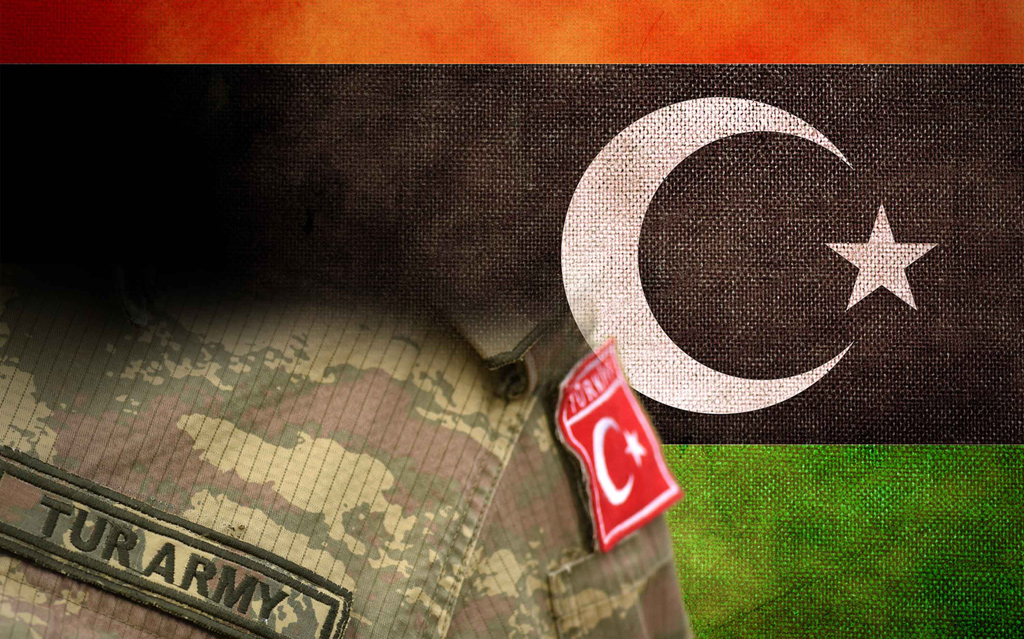The political landscape in Libya has been heating up as the political process proceeds. The fragility in Libya remains due to the potential persistence of risks, while Western states sound demands along four main avenues. The first regards the foreign military presence and the mercenaries who are under pressure to leave Libya. The second demand regards the treatment of illegal immigrants in Libya and impeding their travel toward European coasts. The third is the smooth management of the political process that will conclude in a nationwide election. And the fourth regards the business opportunities that can materialize according to the success of the political process. Such opportunities push the state actors to seek out the biggest share and encourage backstage competition.
This analysis examines the developments in Libya in order to portray why the risks continue to exist, looks at the agendas of the foreign actors and why they are committed to shaping the political and security landscape in Libya, and discusses why the Turkish military presence is an opportunity for both Libya and its allies. The analysis concludes that Turkey may cooperate with other actors as far as the Libyan public welcomes them, and that the Turkish military presence in Libya is a guarantee for the sustainability of Libyan stability.




